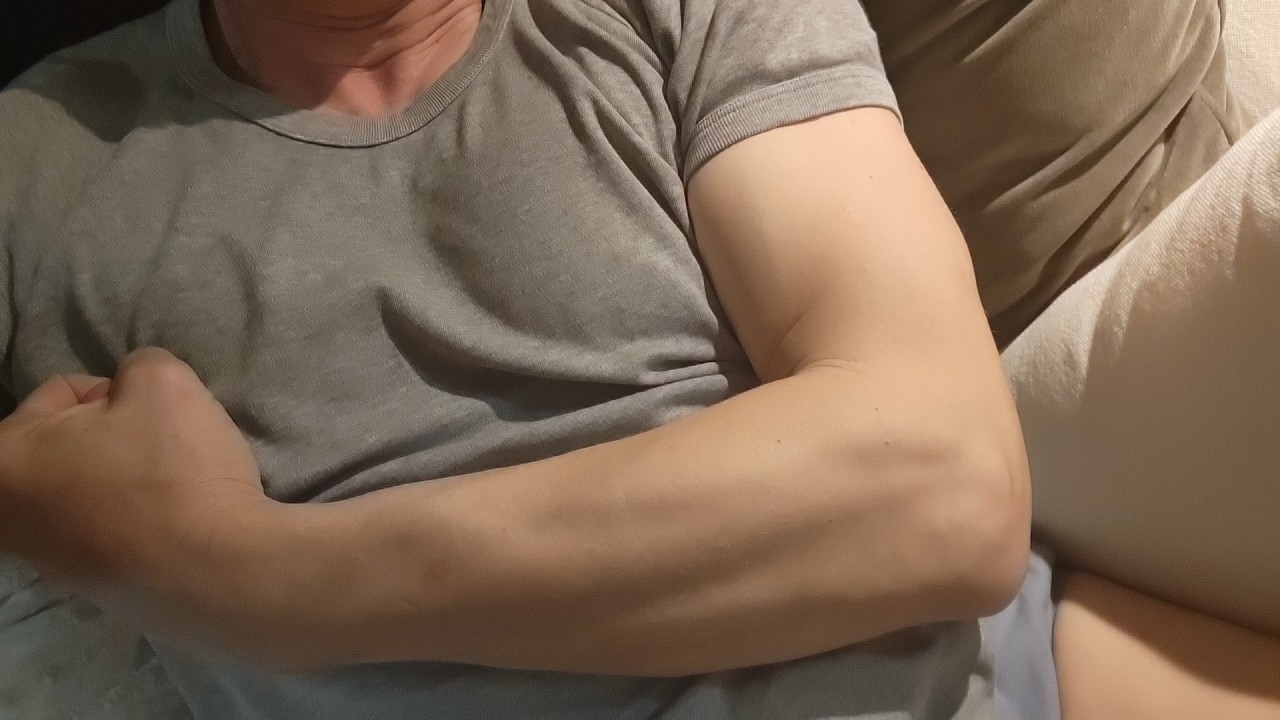I talked more than once about labiaplasty and how – unless there is a genuine medical reason for it – that no woman needs to worry about the appearance of her labia. Well, apparently, post covid (and young men watching waaaay too much porn) there is a crisis in male confidence that has caused many, many men to go under the knife to have penis “enhancement” surgery (see the article Penile Cosmetic Surgery is Booming, But… Does Size Really Matter?” from the Sunday Telegraphy Body + Soul, October 15, 2023)
It shouldn’t need to be said. It really shouldn’t. But sadly it does.
Men: except in the most extreme situation – the size of your penis – does. Not. MATTER!
To put penis size in perspective: just 0.6 percent of people who have a penis have what is considered a “micro-penis” (defined as the stretched length between the tip and the base of the gently stretch penis on the body side of less than 9.32 cm (3.67 in.)).
That’s only just above one in two hundred people have a “micro penis” – and even that definition doesn’t mean that the owner can’t enjoy sex or that a woman cant get pleasure from it!
But apparently this message has been lost to the fire hose of internet porn featuring massive cocks. And young men are going under the knife – encouraged by advertising from a cosmetic surgery industry that uses highly manipulative tactics to attack men’s self confidence.
Now, if this were a consequence and risk free procedure, then that would be one thing. But it’s not. There are now surgeons who spend significant amounts of time operating to rectify botched penile surgery!
So men – here are some things that are much worse than having anxiety about the size of your penis:
- Post surgery infection
- Blood clots
- Implant failure (remember what happens when silicone breast implants rupture?)
- Scaring
- Uneven or lumpy results
Not to mention the approximately $15,000 cost.
If you do have anxiety about the size of your penis then here’s a better solution: talk to a psychologist about it. Spend some of that $15,000 on therapy so you can find a way to be happy with what you have.
Finally – I remember seeing a video of a female American porn star talking about what was ideal for her in a partner. Her preference: four inches – that’s 10.1 centimeters. That’s literally only just bigger than a “micro-penis” – and for her – a former porn star – it was ideal.
John


